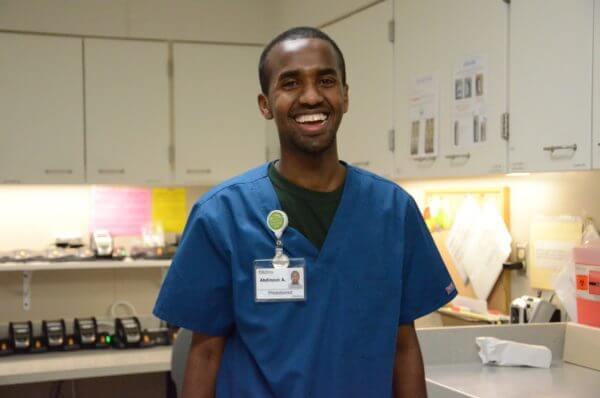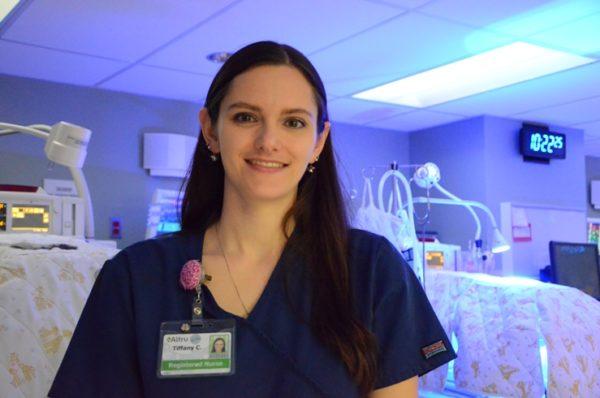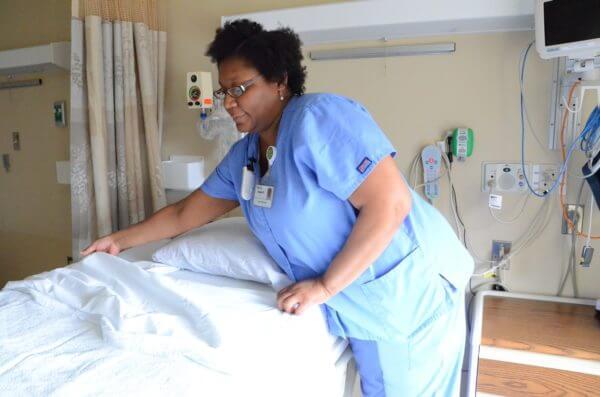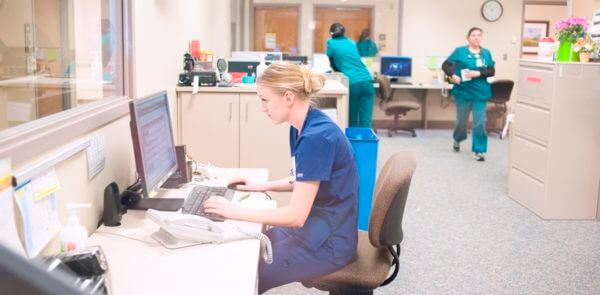You’ve encountered them. They’re the people who draw your blood for tests and make it possible for you to donate during potentially life-saving circumstances.
To each other, they may joke about being “bloodsuckers” or “vampires,” but to others they’re phlebotomists, and their role goes beyond just sticking a needle in your arm.
To be a phlebotomist requires detailed knowledge and care for people. It’s knowing the right type of tube to use, the perfect vein placement, the correct way to draw blood, and the right time to clot. They are the calming voice that explains the draw and the reassuring smile to an apprehensive patient. They are calm, kind, and cheerful.
But their job doesn’t stop after the draw.
Phlebotomists must do several more steps before the lab can assess the results of the blood drawn. Timeliness is key. Phlebotomists rush samples to the lab so physicians can get results as quickly as possible.
The job requires precision and attention to detail. Phlebotomists must be extremely accurate and careful as they scope out a patient’s vein—some may be hard to find, while others may be easy targets.
If taken lightly, errors can occur, leading to contamination, inaccurate labeling, and haemolysis—the destruction of red blood cells. If compromised, an accurate diagnosis is almost impossible.
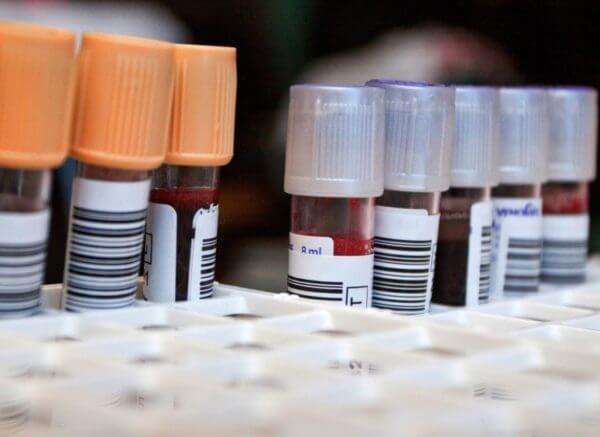
Though the act of drawing blood has been practiced for centuries, most people don’t understand how crucial it is in establishing a patient’s medical condition. And not just that. Phlebotomy can prevent a serious illness from progressing further. The ability to obtain a blood sample can literally save a life.
It’s an important job that often gets overlooked. Phlebotomists play a major role in medical diagnosis, preventive healthcare, and the treatment of diseases.
Phlebotomist employment is projected to grow 25 percent from 2014 to 2024, according to the Bureau of Labor Statistics. Applicants only need a high school diploma or GED; on-the-job training is provided.
To fill a crucial role as a phlebotomist at Altru Health System, apply at altru.org/careers.


